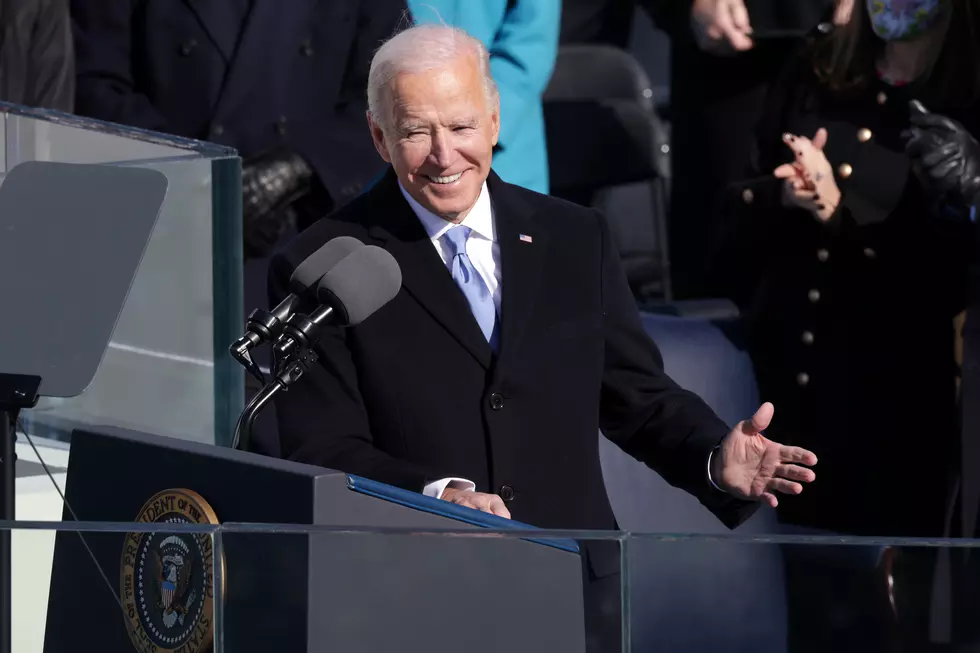Democrats Drop Plan To Give Tax Cut To Employers
WASHINGTON (AP) — Democratic officials say a new payroll tax cut plan by Senate Democrats drops President Barack Obama's proposal to award the tax cut to employers in addition to every worker who draws a paycheck.
The move would bring the cost of the payroll tax cut, the centerpiece of Obama's jobs agenda, down to $185 billion. Obama's original proposal, which would have cut employers' payroll tax contribution in half, from 6.2 percent to 3.1 percent, was estimated to cost $265 billion.
The new plan would retain Obama's proposal to boost the payroll tax cut to 3.1 percentage points from the current 2 percentage point cut that expires at the end of the month.
A Democratic aide also says the Democrats' revamped payroll tax cut plan will contain a modified set of proposals to offset its cost to the Treasury. It will retain a tax on income exceeding $1 million, though at a lower rate than the 3.25 percent millionaires' surcharge contained in a proposal that failed in the Senate last week.
Keeping the millionaires' tax surcharge guarantees that GOP senators won't support the plan, despite changes that move the plan in the direction of Republicans.
The new measure is also expected to contain spending cuts considered by the defunct deficit supercommittee. And the Democratic initiative will adopt a GOP proposal to take away food stamp and unemployment insurance benefits from the few wealthy people who receive them.
The Senate is expected to hold a test vote on the new version later this week. A GOP payroll tax cut plan also failed to advance in the Senate last week.
House Republicans are expected to unveil their version of a plan for the payroll tax cut early this week. It's expected to retain the current 2 percent cut. The House plan also would extend unemployment insurance benefits for people who have been out of work for more than six months and prevent doctors from absorbing a huge cut in their Medicare reimbursements.
Another House provision is aimed at speeding construction of a proposed Keystone XL pipeline that pits environmentalists on one side, and industry and some labor unions — who say the project would create thousands of jobs — on the other. The 1,700-mile structure would carry as much as 700,000 barrels of oil a day from tar sands in Alberta, Canada, to refineries in Texas, passing through Montana, South Dakota, Kansas, Nebraska and Oklahoma.
The officials required anonymity because the proposal hasn't been officially revealed.
More From K2 Radio









